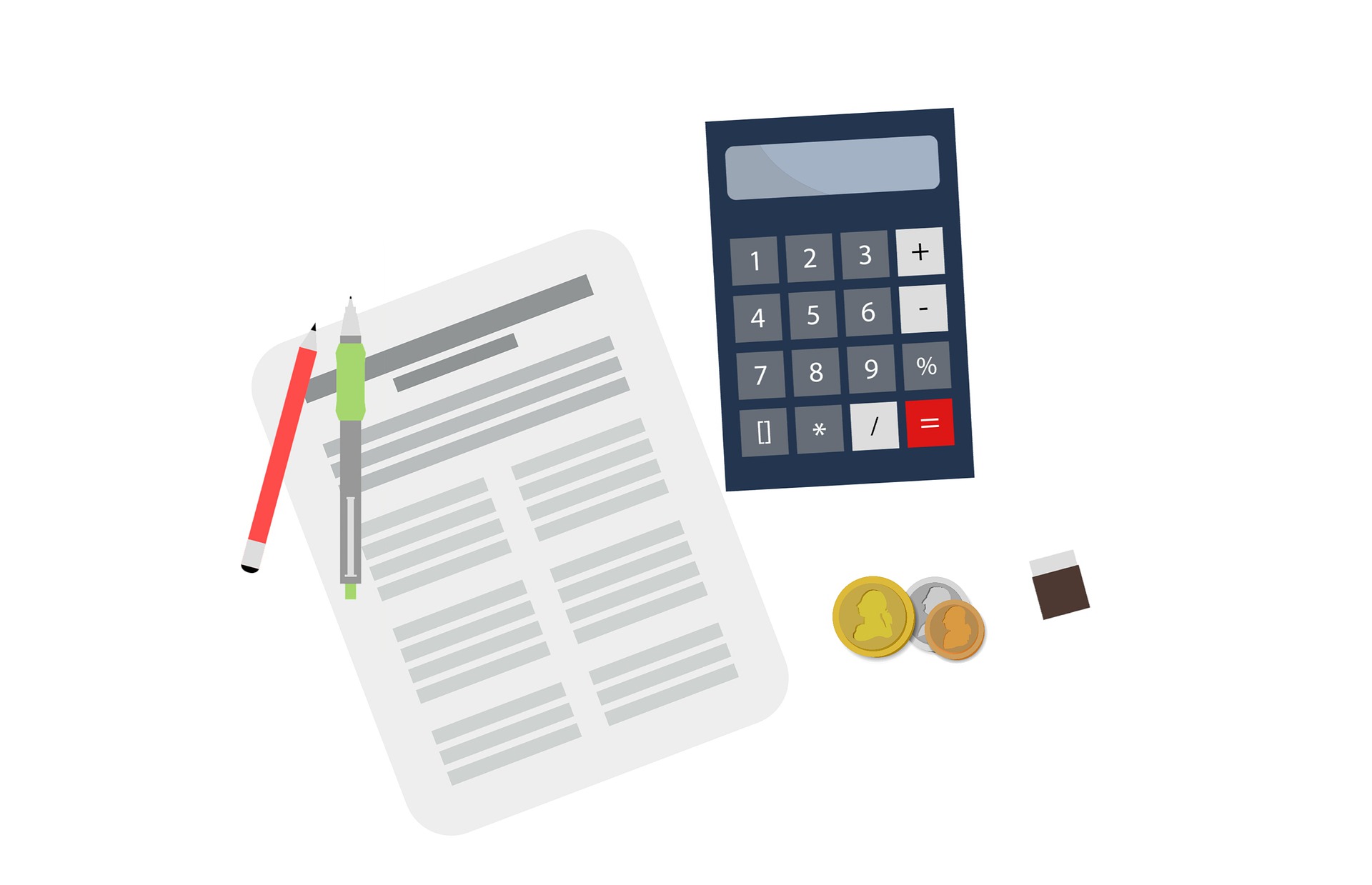Winter, with its crisp air and snowy landscapes, can be a magical season. However, the cold temperatures and unpredictable weather can also present some significant risks. To ensure you’re fully prepared for the winter months, it’s important to stay aware of certain hazards and take proactive steps to avoid them. Whether you’re preparing your home, car, or yourself, here’s what you need to watch out for this winter.
1. Slippery Sidewalks and Roads
One of the most common and dangerous winter hazards is ice. Freezing temperatures can cause rain and moisture to turn into patches of ice on sidewalks, roads, and driveways. These icy surfaces are incredibly slippery and can lead to falls, car accidents, or worse.
What to do:
- Salt your driveway and walkways regularly to prevent ice buildup.
- Wear shoes with good traction when walking outside, especially if there’s snow or ice on the ground.
- If you’re driving, reduce speed, increase following distance, and always make sure your tires are winter-ready with proper tread depth.
2. Car Maintenance and Safety
Your car is your lifeline during the winter months, but it also faces some unique challenges. Cold weather can affect your vehicle’s performance, from engine troubles to low tire pressure. Snow and ice also make driving conditions more hazardous.
What to do:
- Keep your gas tank at least half-full to avoid frozen fuel lines.
- Check your battery, as cold temperatures can decrease its efficiency. If your battery is old, consider replacing it before winter hits.
- Ensure that your tires have adequate tread for traction. In some areas, it may even be worth investing in winter tires.
- Don’t forget about windshield wiper fluid. Stock up on winter-grade fluid to help clear off road grime and snow.
3. Heating System Issues
As temperatures drop, your heating system becomes a crucial part of your home. However, winter is also the time when many heating systems break down due to strain or lack of maintenance. A malfunctioning heating system can quickly turn a cozy home into an uncomfortable and potentially unsafe environment.
What to do:
- Arrange for a professional heating inspection at the start of the season to ensure your system is in top condition. If you’re in Sandy, consider scheduling a heating repair service for peace of mind.
- Change the filters regularly to maintain proper airflow.
- Check for any signs of carbon monoxide leaks, especially if you rely on gas heating. Install carbon monoxide detectors to ensure your safety.
4. Frozen Pipes
Frozen pipes are another winter problem that can cause significant damage. When the temperature drops, the water in pipes can freeze, expand, and burst, resulting in costly repairs and water damage to your home.
What to do:
- Insulate your pipes, especially those in unheated areas like the attic, basement, or garage.
- Let faucets drip slightly during extremely cold nights to prevent freezing.
- Keep cabinet doors open under sinks to allow warm air to circulate around the pipes.
- If you’re going away during the winter, consider turning off the water supply to your home and draining the pipes.
5. Winter Storms and Power Outages
Winter storms can quickly escalate from a light snowstorm to a full-blown blizzard. These storms can bring heavy snowfall, strong winds, and freezing rain, all of which have the potential to knock out power and leave you stranded at home.
What to do:
- Prepare an emergency kit with essentials like water, non-perishable food, blankets, a flashlight, extra batteries, and a first aid kit.
- Keep your phone fully charged and invest in a portable power bank in case of power outages.
- Keep your home warm during power outages by closing off unused rooms, using blankets to insulate windows, and layering up with warm clothing.
6. Cold-Weather Illnesses
During the winter months, people tend to spend more time indoors, which can increase the risk of cold-weather illnesses like flu, colds, and even hypothermia. The combination of dry air and close quarters can lead to the rapid spread of viruses, while extended exposure to cold temperatures can lead to frostbite and hypothermia.
What to do:
- Wash your hands frequently to prevent the spread of germs.
- Dress in layers and wear appropriate cold-weather gear when venturing outdoors.
- Stay hydrated, as dry air can dehydrate your skin and respiratory system.
- Make sure you have a flu shot, and take precautions to protect yourself from common illnesses.
- If you’re going outside for long periods, take breaks in warmer areas to prevent frostbite or hypothermia.
7. Wildlife and Pets
During winter, wildlife such as deer, squirrels, and raccoons become more active as they search for food and shelter. These animals can sometimes venture closer to human areas in search of warmth and food, potentially causing accidents or damage. Similarly, winter can pose dangers to pets, particularly those who are not used to the cold.
What to do:
- Be extra cautious when driving, especially in rural or wooded areas, as wildlife may be more active near roads.
- If you have pets, limit their time outdoors, especially in extreme cold, and provide them with a warm shelter.
- Check your pet’s paws for ice or salt buildup after walks.
8. Winter Blues and Mental Health
While the season can be beautiful, the long, dark days of winter can take a toll on mental health. Seasonal Affective Disorder (SAD) is a form of depression that affects many people during the colder months, often due to lack of sunlight and the shift in routine.
What to do:
- Try to get outside during daylight hours, even if it’s just for a short walk.
- Consider light therapy or investing in a lightbox to help combat the lack of sunlight.
- Stay connected with friends and family, and make time for activities you enjoy to keep your spirits up.
In Conclusion
While winter can bring about beautiful landscapes and cozy moments by the fire, it’s important to stay vigilant and aware of the risks the season brings. From hazardous weather conditions to health issues, keeping an eye on these winter warnings will help ensure that you, your home, and your loved ones stay safe and warm throughout the season. Stay prepared, stay safe, and enjoy all the beauty winter has to offer!









